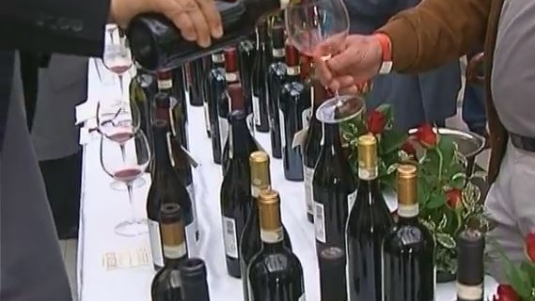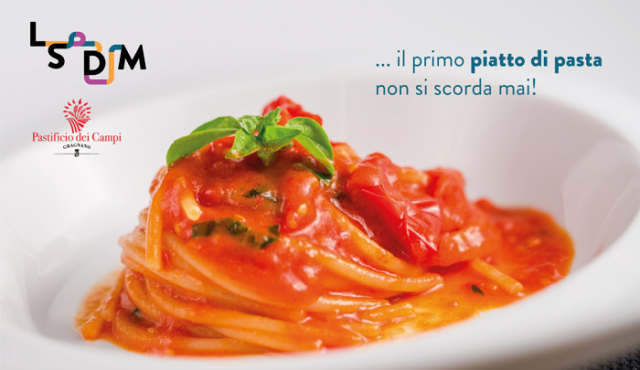A forgotten revolution (1)

A recent tasting in Rome of Barolo and Barbaresco from various producers brought to mind some considerations I have been contemplating for some 30 years now.
The tasting to present the new Barolo and Barbaresco vintages was held at a well-known Rome hotel and was, as in years past, organized by the Province of Cuneo. Those invited were somewhat different than I was used to and made the event what some would define as ‘exclusive’. The event was behind schedule because a government minister or their representative was late but the beauty of the location and the magnificent view of Rome helped make the 30-minte delay go by quickly. While it was impossible to inspect the wines before all the speeches were over, you could get an idea what they were by the producers participating in the presentation of Barolo 2011, along with some Riserva 2010, and Barbaresco 2012. It was sure to be an interesting tasting with some 100 wines offered and for which I adopted my usual approach of: first the wines I don’t know.
I actually listened to the speeches of all the politicians present, something quite unusual for me, and I was amazed how everyone went out of their way to claim responsibility for the success of these to wines. Then again, claiming responsibility for the merits of others is a favorite pastime for Italian politicians. But what bothered me the most was their historic reconstruction of success of the two wines that began in the 1990s thanks above all to a group of producers, mostly of Barolo, who joined together to create an association they called Langhe In. The wines’ success was thanks to them and certainly not the institutions. Another important factor to their success was a young Italian-American importer who believed in these wines and began to import them. The wines had an almost immediate success on Anglo-Saxon and Northern American markets as well as with the leading trade publications and overturned the rather negative opinion they had of Italian wines beforehand. In the United States, some of these producers were dubbed the ‘Barolo Boys’ and they became celebrities. It was sad that no one mentioned them their revisionist history of Barolo.
Aside from the economic success, these producers created a cultural revolution in the production of Barolo. They broke away from a tradition, one based on experience and not knowledge, which were based on a model that had little to do with the changing world around them. The most striking and yet least important innovation was the use of barriques for aging but this unfortunately led to a ridiculous spat between schools of thought that often had little to do with the producers themselves. What happened was that this aspect got all the media attention and created confusion over what the revolution was more about. The revolution had to do with the cultivation of vineyards, new fermentation approaches, managing maceration and malolactic fermentation and, only at the end, aging. But all that got attention was the simplistic argument over whether or not to use barriques, a typical Italian simplification created to exert more influence: If you make wines the way I like them, I will praise them and given them awards, if not then tough luck. What was even sadder was how today many of the biggest supporters of using small barrels for aging in the 1990s are now among the biggest critics of this practice. I am not saying that one should not change their minds but that when they do so that quickly and by assuming such dogmatic positions, then it is all a bit scary.

 Italiano
Italiano








